 May 2016 – Mosquito and tick-borne illnesses on the rise
May 2016 – Mosquito and tick-borne illnesses on the rise
The Companion Animal Parasite Council (CAPC) is a leading source on parasitic diseases that threaten the health of pets and people. CAPC has released its annual parasite forecasts, and the predictions for 2016 show the threat of vector-borne disease agents transmitted by ticks and mosquitoes will continue to spread across the country, creating a year-round menace to both pets and their owners. The annual CAPC Parasite Forecasts are based on many factors including temperature, precipitation and population density.
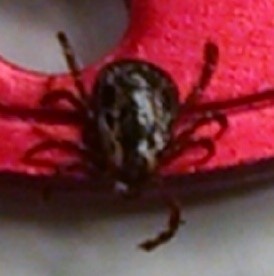
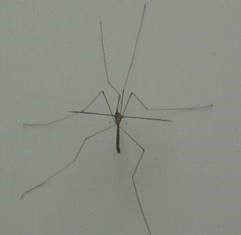
There are several parasite transmitted diseases carried by different types of ticks that dog owners should be concerned about. They include:
- Lyme disease
- Anaplasmosis
- Ehrlichiosis
The most recent data we obtained from CAPC indicate that this past month alone there have been 1,386 new positive cases for Lyme in New Jersey. There has now been a total of 4,579 positive cases for Lyme in New Jersey for the year. The data also indicates Anaplasmosis cases last month, 757 and all year 2,664 cases; Ehrlichiosis cases last month, 369 and all year 1,292 cases; Heartworm 102 cases last month, and all year 398 cases.
At Belle Mead Animal Hospital, we check dogs for these tick-borne diseases once a year with a simple blood test called a HW/Lyme 4DX test. Ticks can stay active all year long, even on mild winter days. Ticks don’t just live in the woods; they like wood chip paths and backyard grass where they can easily attach on pets’ feet and travel. Therefore, we advise owners to use preventative medications on their pets all year round. There are newer, better than ever preventatives including oral tablets that your veterinarian can help you choose from to protect your pet and family. It’s important to note that dogs and cats require different medications.
A few of our clients have been looking for the best way to remove ticks from their pet’s body. Besides using tweezers, there are simple tools you can purchase inexpensively to help with the job such as the Tick Key, Tick Twister, or Ticked Off that can all be found either in your local pet supply store or online. The goal is to remove ticks as soon as possible within the first 24 hours before disease-causing bacteria is transmitted by the tick bite to your pet. After removing the tick, crush it in a napkin or tissue to avoid contact with tick fluids that can carry disease. You can safely flush the tick down the toilet. Learn more on our Blog: Detecting ticks on your pet is crucial to prevent disease
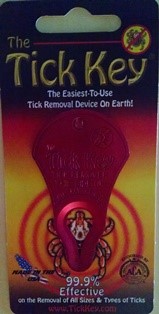
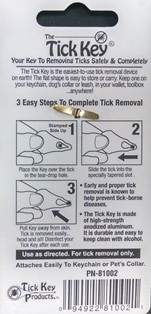
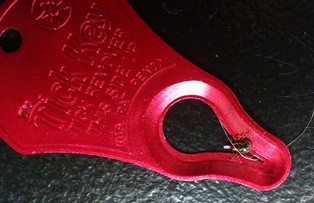
Cats do not get Lyme and other tick diseases as easily as dogs, but they do suffer from flea-related diseases. Revolution is our recommended topical for cats because it protects them from fleas, ticks, heartworms and roundworms. It is the safest product that is FDA approved and much better for cats than other products you will find on grocery store shelves.
All dogs, cats and ferrets are susceptible to heartworm disease carried by mosquitoes, especially since mosquitoes can enter the home unnoticed. CAPC reports that infection with heartworms transmitted by mosquitoes is expected to be above average nationwide this year. The disease has already been reported in dogs in all 50 states. Experimentally, when dogs are exposed to mosquitoes carrying heartworm disease, virtually 100% of them will develop heartworm disease. So the transmission is almost guaranteed. Dogs will typically have high worm burdens, and these worms can live for 5-7 years. Microfilariae can live for years after the death of the adult worms.



Ferrets who live in a high-risk area for heartworms and are allowed outside can be given preventative medicine. It’s just as important to try to eliminate mosquitoes from a ferret’s environment as it is for dogs and cats.
Prevention is the best medicine in the case of parasitic diseases. Never hesitate to ask your family veterinarian about the recommended testing, preventatives, and treatment to keep your pets safe and healthy.
Recommended Reading:
Heartworm Disease – treatment and prevention
Flea control and disease prevention for your pets
Belle Mead Animal Hospital, Your Other Family Doctors









